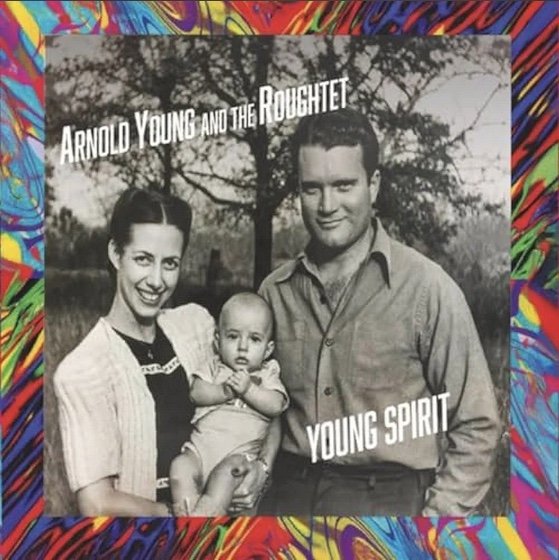The brazen title of the 1959 album The Shape of Jazz to Come seems idealistic today. Few of Ornette Coleman’s innovations have been adopted by mainstream jazz musicians. The harmolodics devised by Coleman thrive only in the fringes of improvised music.
Arnold Young has personified outsider jazz in Kansas City for more than 50 years. The drummer’s 2024 album Young Spirit often seems like an homage to Coleman’s initial conceptions. Young also looks beyond early Coleman on the 69-minute recording. The funky “Monkey Motor Company” is reminiscent of Coleman efforts like the 1982 album Of Human Feelings.
Adam Galblum evokes the free jazz fiddler Leroy Jenkins on “The Stone the Builder Refused.” Song titles alluding to additional iconoclasts such as Nduduzo Makhathini, Roscoe Mitchell and Charlie Parker suggest additional variations. While Young is always front and center, the powerful presence of bassist Gerald Spaits is no less essential. Their sturdy foundation allows several young Kansas City horn players to shine.
The revolution incited by Coleman and his cohorts converted surprisingly few followers, but Young remains a true believer. A young spirit who refuses to lose his edge, Young continues to spread Coleman’s audacious directive in a dauntless mission to change the shape of jazz in Kansas City.
